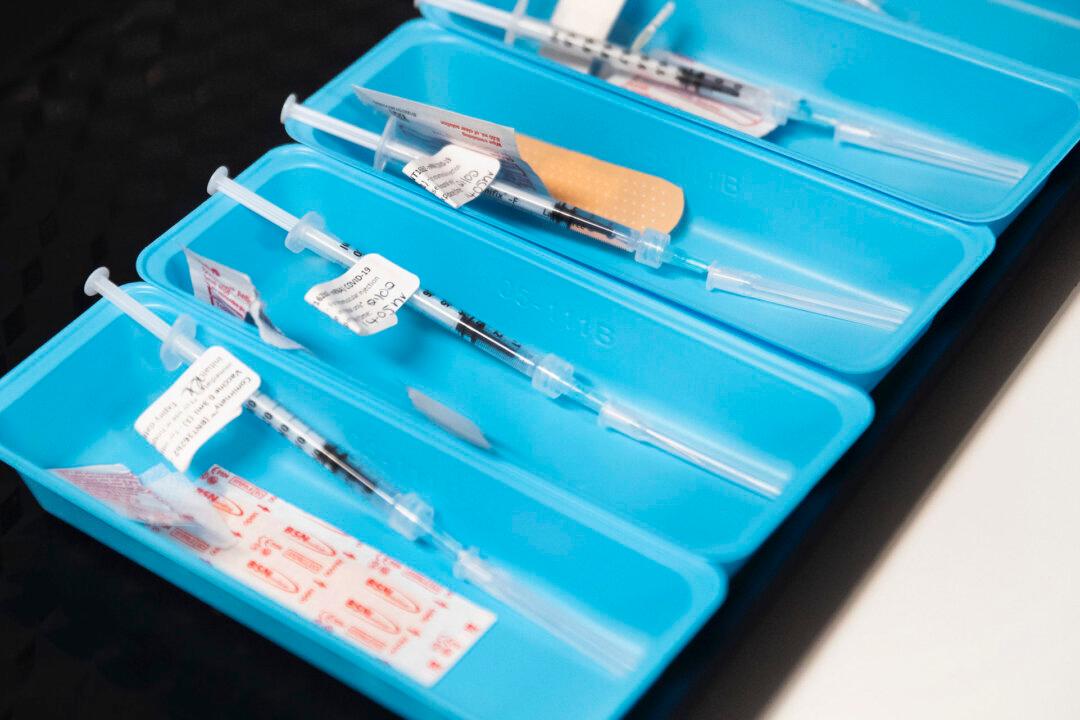The government has set up dedicated vaccination hubs for people with disabilities to provide additional options to receive their vaccine doses.
“These hubs allow providers, in partnership with the Commonwealth Government and vaccine providers, to ensure some of the most vulnerable Australians and their support workers and carers can be vaccinated faster,” National Disability Insurance Scheme (NDIS) Minister Linda Reynolds said.





